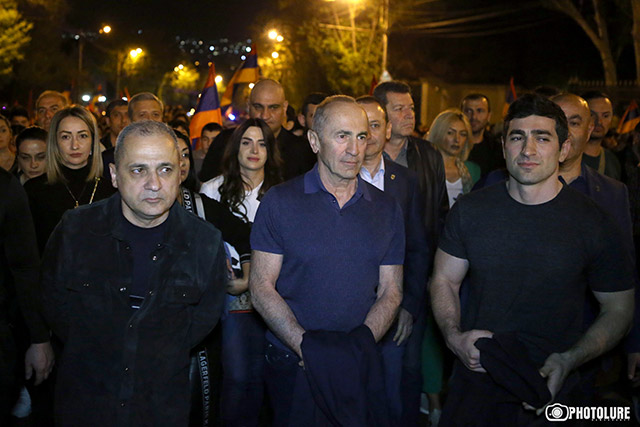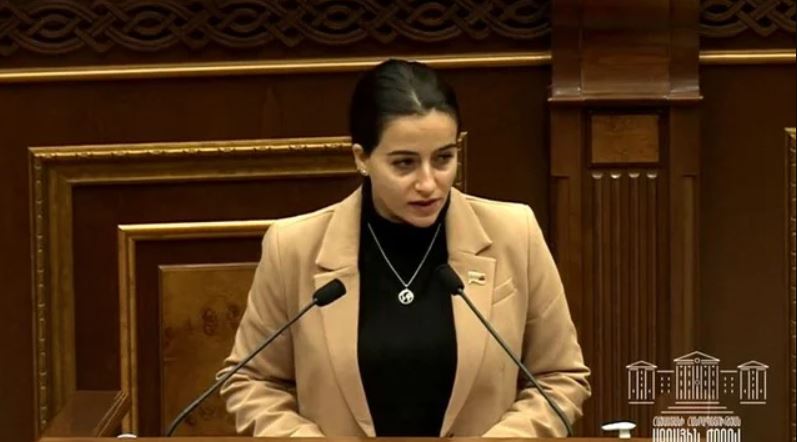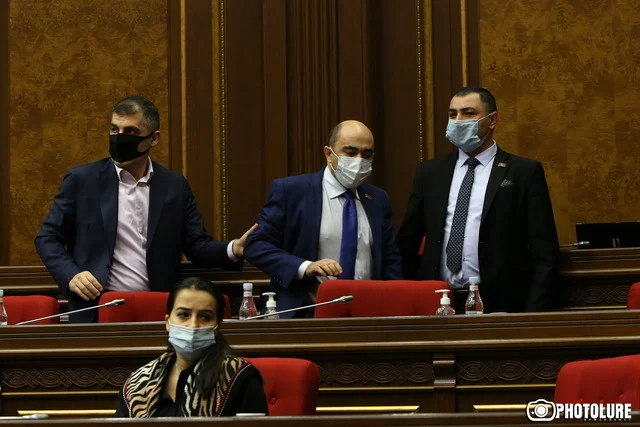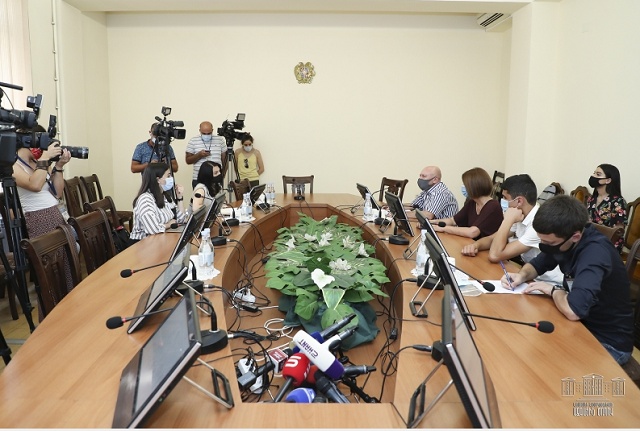Aravot’s interlocutor is former NA deputy Anna Kostanyan.
– It was obvious according to the trilateral statement of November 9, 2020, that Berdzor, with the adjacent Armenian settlements through the corridor connecting Artsakh and Armenia, will be passed under the control of Azerbaijan at some point and that the new road will be built in Azerbaijani territory. The warnings were made during the last month. What is your explanation for this? Why did the danger seem real to us so late?
– I must state with regret that the memory of our people is too short or we have probably been so inattentive that we missed the 6th point about the Berdzor (Lachin) region due to the unfortunate statement of November 9, according to which the region was supposed to be returned to Azerbaijan on December 1, 2020. This inattention or indifference, in turn, is the result of the government diverting the public from various trivial, fatal issues.
Read also
Our people have learned to just live with their eyes closed and be interested only in social issues. We do not move until the knife reaches the bone. In this case, too, the interest in the handover of Berdzor begins and ends only with heated discussions on social networks, which turn into “fierce battles on the Internet”, but when it comes to taking real steps, everyone has their critical situational reasons. I do not blame, I just record the fact and move on. The danger is more than real, it is imminent and inviolable, until we sober up and realize that Berdzor should be saved in Artsakh, not in the center of Yerevan. I am not talking about the regions, because, unfortunately, mother Armenia has become indifferent towards its own child, Artsakh.
– How do you imagine resettlement in those areas with a complete lack of security guarantees? I myself have had the opportunity to ask various representatives of the Artsakh government why these Armenian territories are not resettled after the 44-day war. They have avoided public answers, and in private conversations they have emphasized security issues, which are not guaranteed.
– There is always a security problem. I would say not only in Artsakh, but also in a number of territories of Armenia. And what, should we shake hands and wait calmly for the last piece of land to be taken from us? History repeats itself, as it did a hundred years ago. Just like a hundred years ago, many Armenian officials stubbornly viewed as strangers how strong states make decisions for us, so it is now. We have no right to allow the repetition of such scenarios. We create the guarantee of security ourselves by moving and relocating the city. No one will ensure our security instead of us, and the enemy is powerless against thousands of civilians, I am sure of that. As for the government representatives, of course, they have no answers. What should they say? Is it pointless to resettle something that has already been fixed on paper by the enemy?
– What picture do Russian Foreign Minister Sergey Lavrov’s statements during his visit to Turkey, Armenia, and then Azerbaijan paint?
– The visit of the Russian Chief Diplomat to three countries in the region testifies to the urgency of Russia’s diplomatic relations in these countries and the constant participation in the process of normalization of “Armenia-Turkey-Azerbaijan” relations. During the meeting with Ilham Aliyev, Lavrov reiterated the success of the work of the tripartite commission set up for the unblocking of regional infrastructure, reiterating Russia’s readiness to make consultative proposals, which, according to Lavrov, will mainly focus on solving traffic problems. By this we can understand that the hints about the discussion of the issues by the Chief Diplomat of the Russian Federation with the Armenian side refer to the possible handover of the corridor of Berdzor city, the possible problems arising as a result of the operation of the newly built road. The positive emphasis here, unfortunately, is that in any case there are discussions with the Armenian side, regardless of whether the issues under discussion need trilateral agreement or not. But the most important reality for me here is what issues are subject to agreement, do they relate to the Berdzor region and Aghavno? Not to mention that I doubt that the government has the ability or courage to advance the Armenian agenda on these issues.
Nelly GRIGORYAN























































